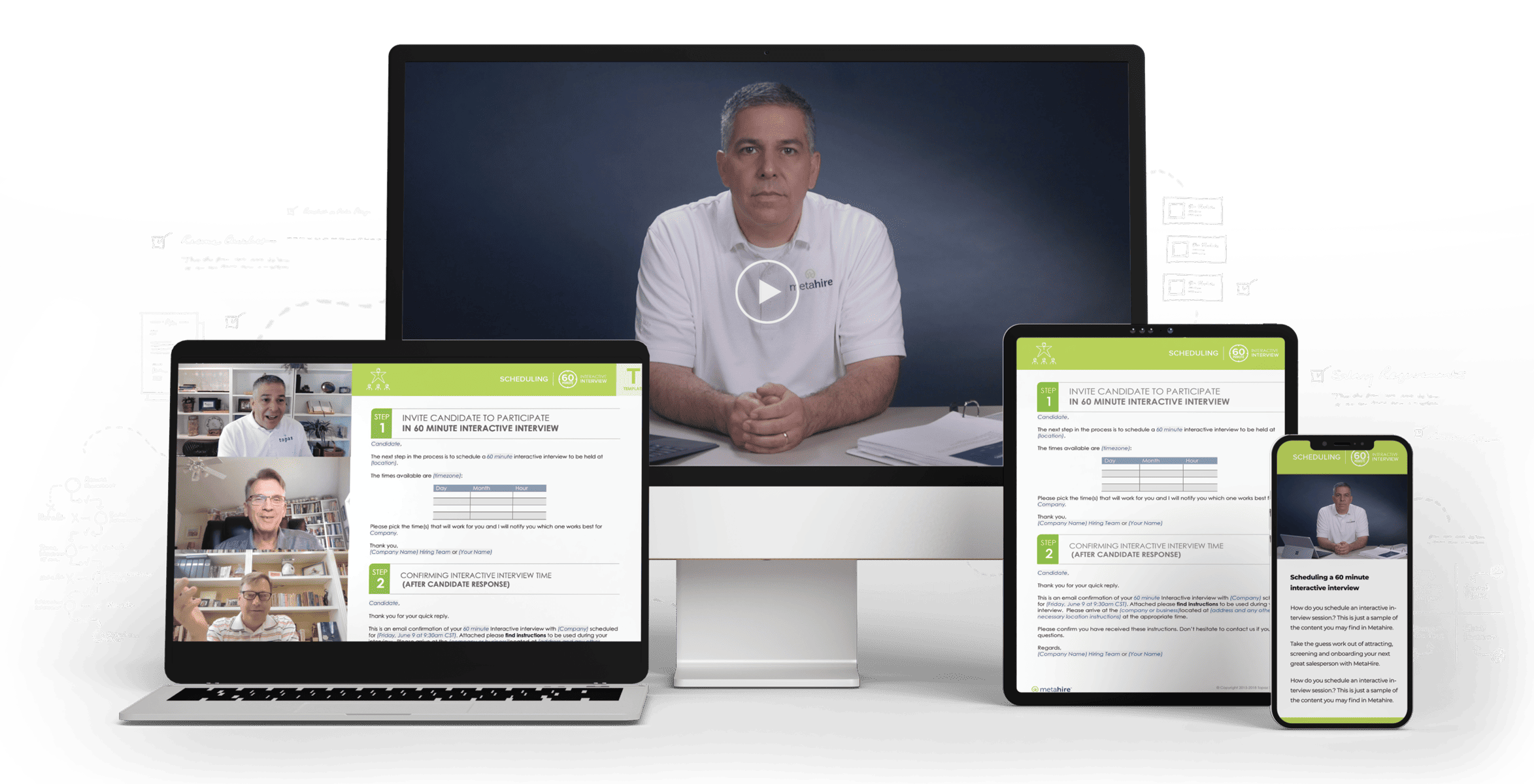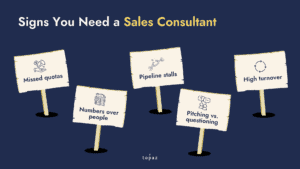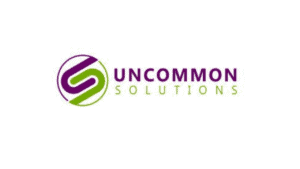Do you feel that asking your prospects questions is manipulative? If you answer yes, why do you feel that way? Is it possible you’re not thinking about it the right way?
Many people’s perception is that questions asked by a salesperson are, in fact, manipulative. Historically, conventional salespeople have a poor reputation for several reasons. In the past, some salespeople used high-pressure tactics and were more interested in making a sale than providing their customers with what they needed.
Thankfully, times are changing, and the sales industry is evolving. Nowadays, top-performing sales organizations are those that are all about building relationships and providing value. To become one of these top-performing sales organizations, you must change your mindset about asking questions.
Buyer Facilitators should never use questions to manipulate someone into buying something they don’t want or need. Instead, they should be seen as an opportunity to learn more about your prospects and understand their specific needs. By asking the right and tough questions, you can give your prospects the information and guidance they need to make the best decision.
The Buyer Facilitator Philosophy and Asking Questions
Remember, people are likelier to do business with those they know, like, and trust. If you want your prospects to know, like, and trust you, you need to be genuine and authentic in your interactions with them.
This starts with asking the right questions.
As part of our Buyer Facilitator Philosophy, our beliefs, and when we set ground rules (which is an articulation of our beliefs and philosophy), we let people know that when we’re asking questions, we’re not trying for an aha, gotcha. It’s not a form of manipulation. Our intent has to be pure, genuine, and have the client’s best interests in mind. Our objective isn’t to manipulate or get them to where we want them to be. It’s to ask the right questions to uncover the client’s actual needs and expectations and get them where they need to be.
In one of our past client training sessions, a participant revealed it would have been nice to have the Buyer Facilitator information 25-30 years ago! He stated:
“I was under pressure working at a manufacturer’s rep company, as our mission was to solve problems. You had to ask many questions to solve a technical problem, so you were not pushing one standard solution or widget. We were trying to find a custom or particular solution for customers. I felt the pressure to try and sometimes push solutions even if it wasn’t the perfect solution, or I’d suggest a solution that I knew was the right solution without asking enough questions about what the client thought was a good solution. When I thought it was the right solution, I didn’t try to understand more about the client’s pain when the customer didn’t believe it was right.
Come to think of it, I do this in many areas of my life. I push my solution instead of using the method of asking questions. It would have helped me from a parenting standpoint 35-40 years ago! There’s a need for discussion. My father was good at that. He asked many questions, “Why are you thinking that?”, “Where are you coming from?” and “What made you think that?” I felt I was being manipulated, but I see now he had the answer. He wanted me to get there too. I must be more like this with my customers. I need to learn to ask questions as my go-to response and try to uncover what’s on their mind.”
Asking more thoughtful questions throughout sales conversations sounds like an easy change to make, but it takes a serious shift in mindset to get there. If you’re used to thinking of questions as a way to close a deal, it can take time to break that habit. However, to be successful in sales, you must learn to see questions as an opportunity to build rapport and trust with your prospects. Only then will you be able to truly understand their needs and help them find the best solution for themselves.
The following are some tips to help you make the shift in mindset:
- Make a conscious effort to focus on the prospect’s needs, not your own agenda.
- Check your ego at the door. This is not about you or your need to win.
- Practice active listening. This means hearing the prospect’s words and responding accordingly with no preconceived outcome.
- Be present in the conversation. Refrain from letting your mind wander; don’t get ahead of the conversation.
- Ask follow-up questions to ensure you understand what the prospect is saying.
Get into a rhythm of asking questions to improve your vetting, qualification, and disqualification processes. Doing this will help you eliminate tire-kickers and time-wasters so that you can focus your energy on selling to those who are actually interested and qualified.
Enjoying this blog? Check out our other recent articles.

It’s Okay If It’s Not a Good Fit
Part of scaling a successful sales organization is knowing when to walk away from an opportunity. This can be difficult, especially if you’ve been working with a prospect for a long time and have developed a personal relationship with them. However, it’s important to remember that only some customers are a good fit, and you’re not necessarily a good fit for every customer at that particular time.
Stay open to the conclusion that a conversation will only sometimes end up in an immediate sale. When you sense resistance, to get on the same page as the buyer, ask a question to find out where the resistance is coming from. Use statements like “You sound concerned about _________. Can you tell me more about that?” Or, “You must know something that I don’t that you’re resisting this conversation. Can you help me out?’
Communicate early and often that your intent in asking thoughtful questions isn’t geared towards manipulation or malicious intent. Articulate that you’re trying to determine whether your services or products are a good, mutual fit to address their challenges, and the only way to do that is to learn a lot about them. If this is your belief, you will never be like a salesperson, never be perceived as a traditional salesperson, and most importantly, never feel like one.
Here at Topaz, we coach our clients on how to build trust and credibility through the power of asking thoughtful questions. Reach out today to learn more about how we can transform your sales organization. However, if you’re still not ready, will you reach out when you are?






